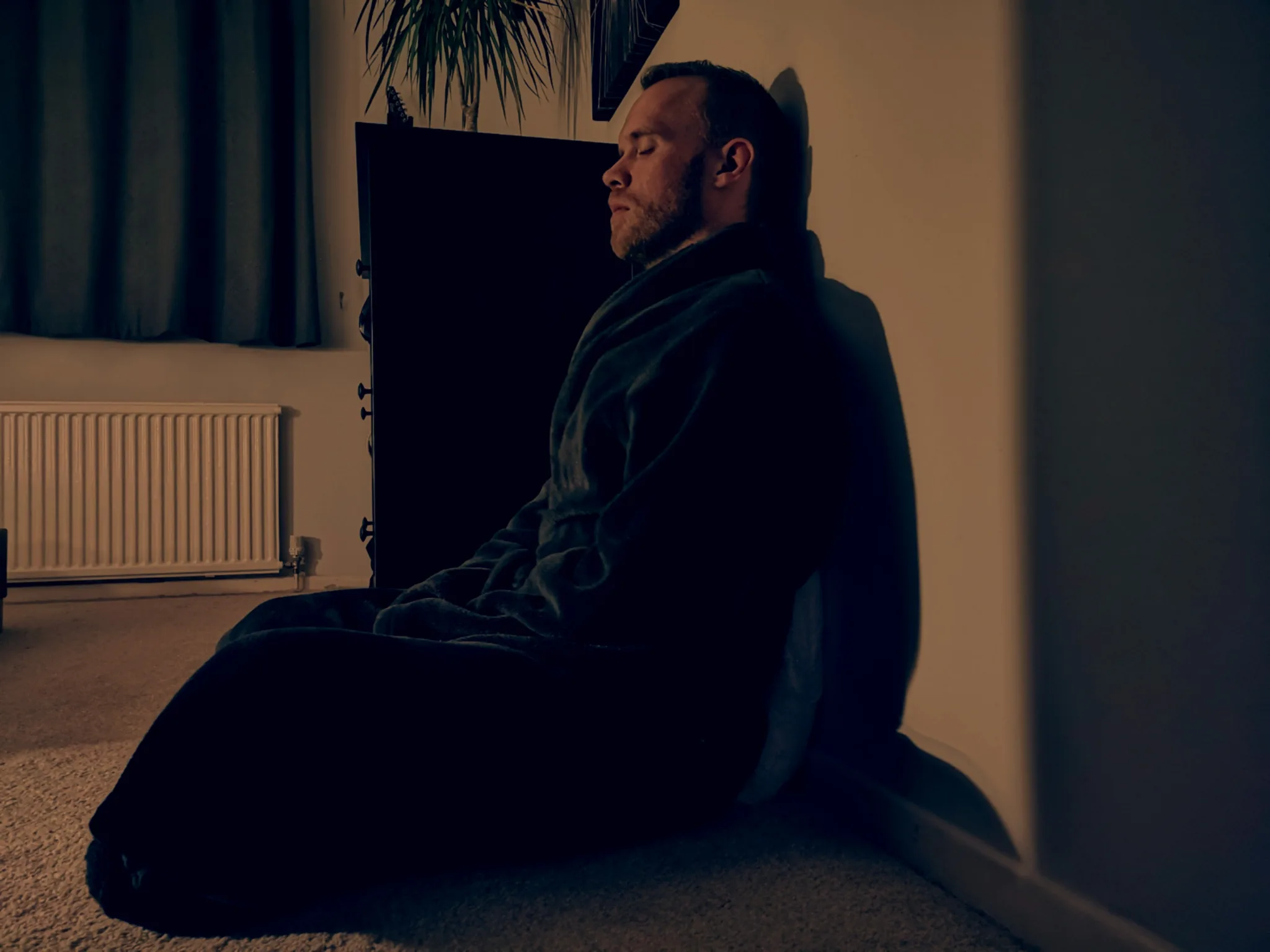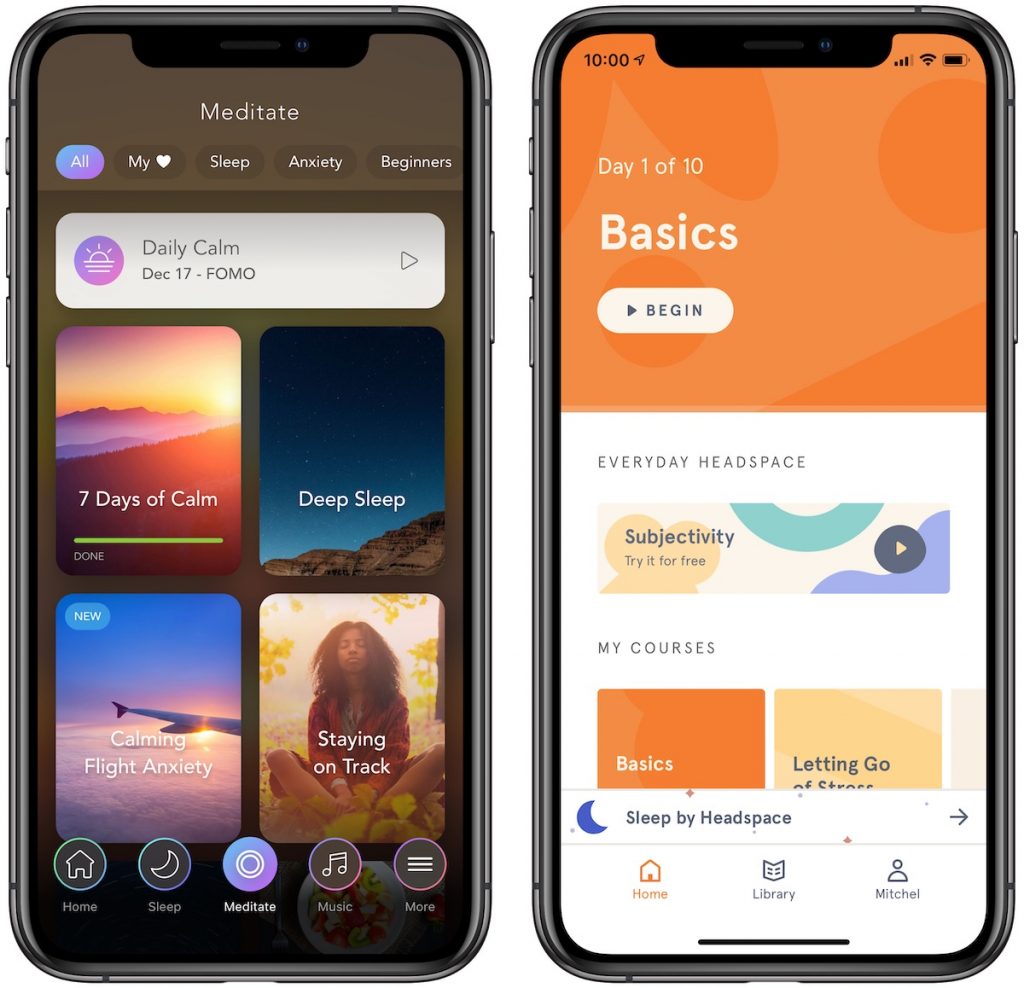
Welcome to our Monthly Challenges
Did you know you subconsciously work harder when there’s an end date to your goals?
The shorter time frame keeps you actively putting effort in, particularly when it’s the end of the month.
Your Goal in July is: 5-10 Minutes of Daily Meditation
The Challenge
Set aside 5-10 minutes each day to try meditating. One common for of meditation is Box Breathing, which I’ve already written about separately. Another is known as mindfulness meditation and is done as follows:
- Find a quiet place to sit comfortably, e.g. leaning up against a wall
- Set a timer for 10 minutes (make sure your peaceful meditation doesn’t end with an irritating alarm!)
- Close your eyes and try to focus on your breathing. Observe the rise and fall of your body with each breath.
- Your mind is likely to wander, when you realise that happening just bring the focus back to your breath. With practice you should notice your mind wanders less and less. One of the key concepts of mindfulness meditation is to be aware when your mind wanders and to regain focus on the breath.
- After 10 minutes has passed, open your eyes and go about your day as normal.

Most people start with what’s called Guided Meditation. That’s where a voice instructs you for the first few sessions and gives you a better idea of how meditation should feel. There are numerous mobile phone apps like Headspace, Calm and 10% Happier which offer guided meditation, and some people like to continue their use indefinitely.
Health Benefits
Meditation has become more mainstream in recent years as more people discover the benefits of it. Personally I find meditation brings about an increased self awareness. It’s a way to step back from your thoughts and almost observe them as a third party. You learn to detach yourself and not define yourself by them.
It also helps with getting to sleep. As soon as my head hits the pillow my brain starts throwing 100 different ideas at me. I try to have a pen and paper by my bedside to jot down some of these thoughts in order to not feel like I have to “hold” them until morning, but meditation has been even more effective. It quietens the mind and allows you to drift off to sleep faster.
What most people associate meditation with is an inner calm, much like a monk, and so practice it as a way of reducing stress. Meditation has been shown to increase positive emotions, decrease incidence of depression and reduce stress and anxiety.

There is also research that meditation increases focus, attention, memory and cognitive function. There are plenty of articles out there with exhaustive lists of the benefits, but the best way to find out what they are is to go ahead and try it.
Tips
- Start with an app (most are free!) to help you learn the basics.
- Although you should observe your breath, in the case of mindfulness meditation it’s important not to control the breath – simply breathe naturally.
- Don’t get frustrated! It’s not a case of success and failure, if you sit down for 10 minutes and spend 9 of them thinking about other things but catch yourself at the end and focus on your breathing then that’s worthwhile.
- Your brain waves are optimal for meditation either straight after you wake up or just before sleep, so these are great times to schedule your meditation.
- Experiment with several types of meditation until you find one that suits you – it’s not going to be a relaxing and beneficial experience if it always feels like a chore.
See how I got on following an 8 week mindfulness meditation course:

